
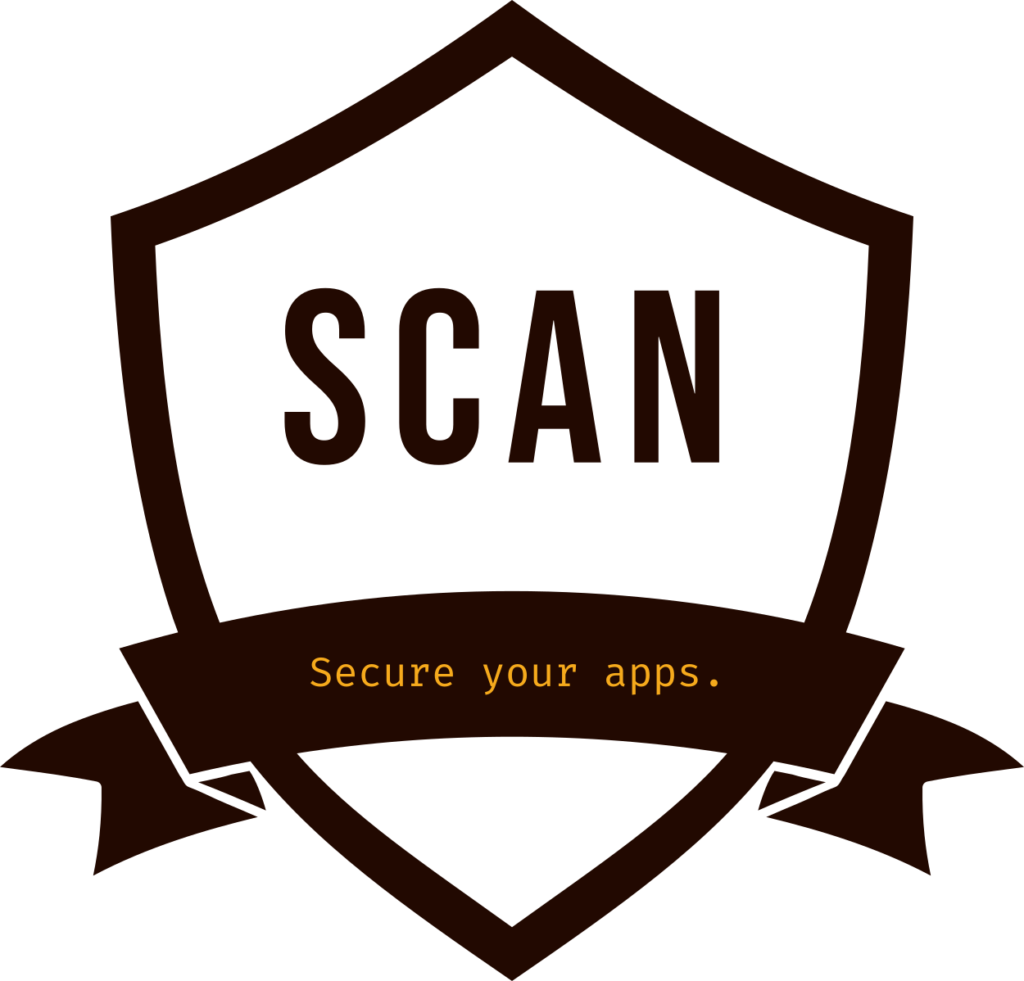
Scan is a free open-source security tool for modern DevOps teams. With an integrated multi-scanner ased design, Scan can detect various kinds of security flaws in your application and infrastructure code in a single fast scan without the need for any remote server. Scan is purpose built for workflow integration with nifty features such as automatic build breaker, results baseline and PR summary comments. Scan products are open-source under a GNU GPL 3.0 or later (GPL-3.0-or-later) license.
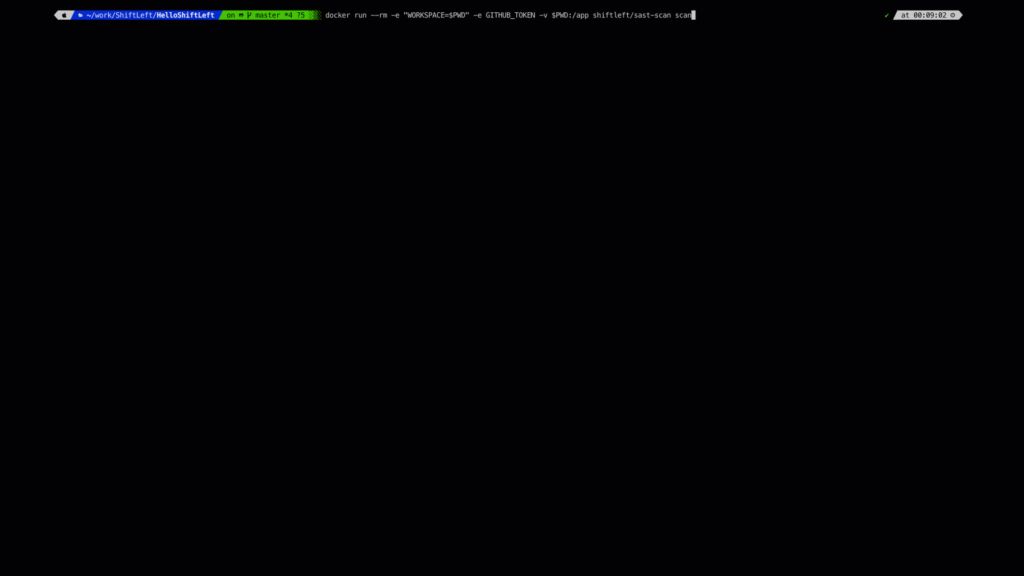
Scan philosophy
- Your code, dependencies, and configuration are your business. No code would ever leave your builds. All scanners, rules and data including the vulnerability database are downloaded locally to perform the scans
- Out-of-the-box experience: Users shouldn’t have to configure or learn anything to use scan across languages and pipelines
Bundled tools
| Programming Language | Tools |
|---|---|
| ansible | ansible-lint |
| apex | pmd |
| arm | checkov |
| aws | checkov |
| bash | shellcheck |
| bom | cdxgen |
| credscan | gitleaks |
| depscan | dep-scan |
| go | gosec, staticcheck |
| groovy | find-sec-bugs |
| java | cdxgen, gradle, find-sec-bugs, pmd |
| jsp | pmd, find-sec-bugs |
| json | jq, jsondiff, jsonschema |
| kotlin | detekt, find-sec-bugs |
| scala | find-sec-bugs |
| kubernetes | checkov, kubesec, kube-score |
| nodejs | cdxgen, yarn, rush |
| php | psalm, phpstan (ide only) |
| plsql | pmd |
| python | cfg-scan (1), bandit, cdxgen |
| ruby | brakeman (2), dep-scan |
| rust | cdxgen |
| serverless | checkov |
| terraform | checkov, tfsec |
| Visual Force (vf) | pmd |
| Apache Velocity (vm) | pmd |
| yaml | yamllint |
(1) – Deep analyzer for Python is a built-in feature (2) – Brakeman is not bundled with scan. Use brakeman with an appropriate license and export the report in json format using -o reports/source-ruby-report.json
Bundled languages/runtime
- jq
- Golang 1.14
- Python 3.8
- OpenJDK 11
- Node.js 10
- Yarnpkg
Please visit the official documentation site for scan to learn about the configuration and CI/CD integration options. We also have a dedicated discord channel for issues and support.
Getting started
scan is ideal for use with CI and also as a pre-commit hook for local development. Scan is distributed as a container image shiftleft/scan, and as an AppImage for supported Linux distributions.
Scanning projects locally
Easy one-liner command below:
sh <(curl https://slscan.sh)
The above command simply invokes the below docker run command.
docker run --rm -e "WORKSPACE=${PWD}" -v $PWD:/app shiftleft/scan scan --build
On Windows, the command changes slightly depending on the terminal.
cmd
docker run --rm -e "WORKSPACE=%cd%" -e "GITHUB_TOKEN=%GITHUB_TOKEN%" -v "%cd%:/app:cached" shiftleft/scan scan
PowerShell and PowerShell Core
docker run --rm -e "WORKSPACE=$(pwd)" -e "GITHUB_TOKEN=$env:GITHUB_TOKEN" -v "$(pwd):/app:cached" shiftleft/scan scan
WSL Bash
docker run --rm -e "WORKSPACE=${PWD}" -e "GITHUB_TOKEN=${GITHUB_TOKEN}" -v "$PWD:/app:cached" shiftleft/scan scan
git-bash
docker run --rm -e "WORKSPACE=${PWD}" -e "GITHUB_TOKEN=${GITHUB_TOKEN}" -v "/$PWD:/app:cached" shiftleft/scan scan
Don’t forget the slash (/) before $PWD for git-bash!
Scan multiple projects
docker run --rm -e "WORKSPACE=${PWD}" -v $PWD:/app shiftleft/scan scan --src /app --type credscan,nodejs,python,yaml --out_dir /app/reports
Scan Java project
For Java and JVM language-based projects, it is important to compile the projects before invoking sast-scan in the dev and CI workflow.
docker run --rm -e "WORKSPACE=${PWD}" -v ~/.m2:/.m2 -v <source path>:/app shiftleft/scan scan --src /app --type java
# For gradle project
docker run --rm -e "WORKSPACE=${PWD}" -v ~/.gradle:/.gradle -v <source path>:/app shiftleft/scan scan --src /app --type java
Automatic project detection
Feel free to skip --type to enable auto-detection. Or pass comma-separated values if the project has multiple types.
Viewing reports
Reports would be produced in the directory specified for --out_dir. In the above examples, it is set to reports which will be a directory under the source code root directory.
Some of the reports would be converted to a standard called SARIF. Such reports would end with the extension .sarif. Opening and viewing sarif files require a viewer such as:
- Online viewer – http://sarifviewer.azurewebsites.net/
- VS Code extension – https://marketplace.visualstudio.com/items?itemName=shiftleftsecurity.shiftleft-scan
- Visual Studio extension – https://marketplace.visualstudio.com/items?itemName=WDGIS.MicrosoftSarifViewer
- Azure DevOps extension – https://marketplace.visualstudio.com/items?itemName=shiftleftsecurity.sl-scan-results
Issues with dockerhub?
Many scan images are mirrored to quay.io through the CI pipeline. Simply prefix quay.io/ to the image name. Below are the mirrors available.
- quay.io/shiftleft/scan (https://quay.io/repository/shiftleft/scan)
- quay.io/shiftleft/scan-java (https://quay.io/repository/shiftleft/scan-java)
- quay.io/shiftleft/scan-oss (https://quay.io/repository/shiftleft/scan-oss)
Scan users
Scan is used by many organizations and over 1000s of opensource projects. Some notable organizations that use scan are:
- Microsoft
- D2iQ
- McKinsey & Company
- NIO
- Neo Financial
- Accenture
- Wipro
- NCI Agency
Send us a PR for including your organization name here. You can also show your support for scan by using the hashtags #slscan on social media.
















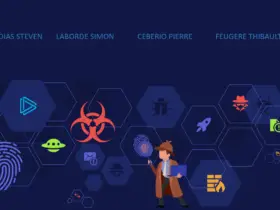




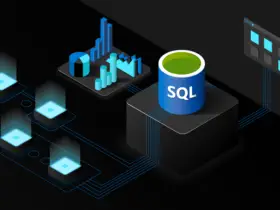
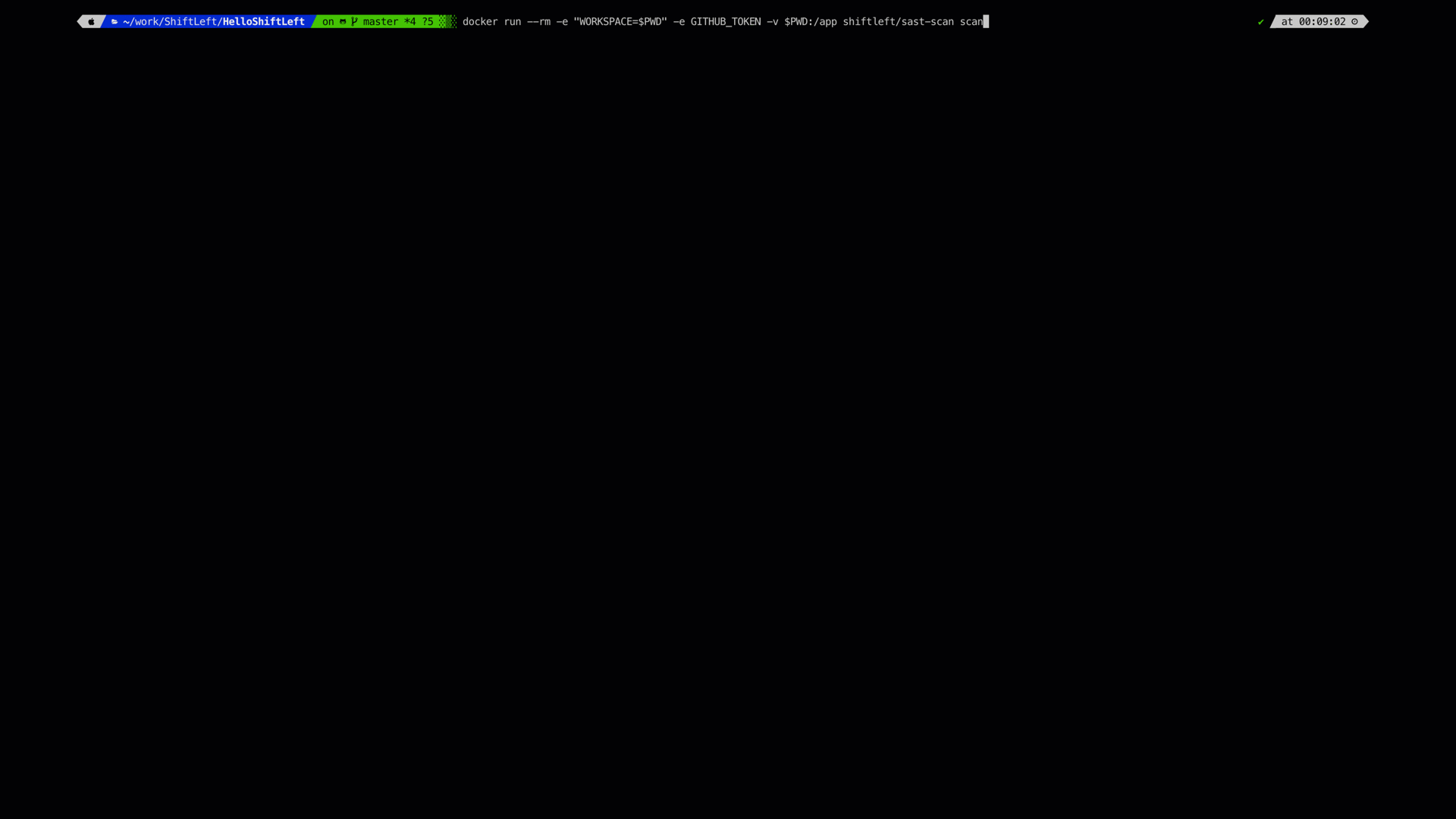



Leave a Reply